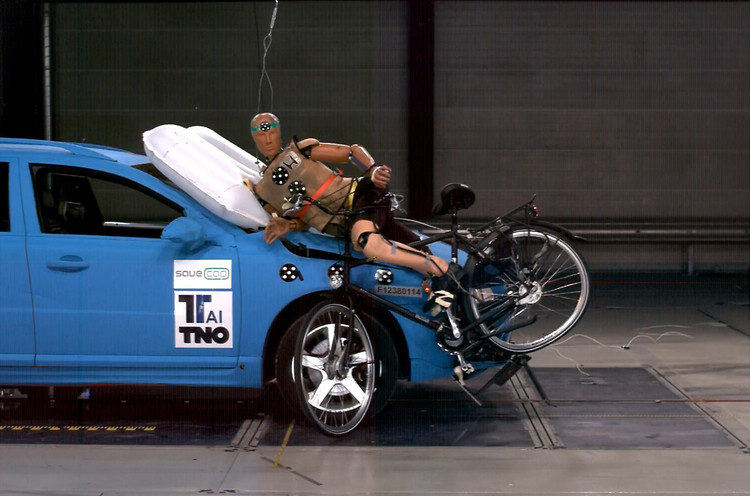Many cyclists will be back on the roads for the first time today since Medhi Karasane, an Etihad cabin crew manager, was hospitalized. Mr Karasane sustained serious injuries to his head and limbs after being struck by a car while cycling in Abu Dhabi last Saturday morning. It is only a matter of weeks, of course, since Roy Nasr, the popular Dubai triathlete, lost his life in Dubai after being hit by a drunk driver while out on a routine training ride.
What links these two incidents is that both occurred in the early hours of a weekend morning, a time when cyclists take to the tarmac in large numbers precisely because the roads are quiet and the risks are perceived to be low. The terrible cases of Mr Karasane, Mr Nasr and many others before them, tell us that cyclists cannot take their safety for granted.
These incidents raise the question of whether the relative quiet of the weekend roads encourages drivers to drive faster and to break traffic regulations. If that is the case, what can we do to prevent further needless tragedies happening?
Following Roy Nasr’s death, Maj Gen Mohammed Saif Al Zaffin, Dubai Police’s traffic chief, called for dedicated bike lanes to guarantee the safety of cyclists. Installing such infrastructure will be the best long-term solution. Segregation rather than integration of road users is the ultimate guarantor of lives and safety. Getting to that point, however, requires a huge amount of time, effort and investment.
In the short-term, education through awareness and road safety campaigns will undoubtedly help improve the attitude of drivers towards both cyclists and pedestrians.
A visible police presence on those routes favored by weekend cycling groups would also represent a significant step forward. This will require engagement by those groups with the authorities to agree timings, routes and the size of the convoy, but would give the cycling community a much greater level of protection and would force other road users to behave better.
Most cyclists, particularly those who pedal out for weekend training runs, are responsible road users. They travel in orderly groups, wear protective headgear and high-visibility clothing. It is time they were afforded more safety. Equally, those car drivers who act irresponsibly should begin to pay a heavier price for their reckless behavior.



